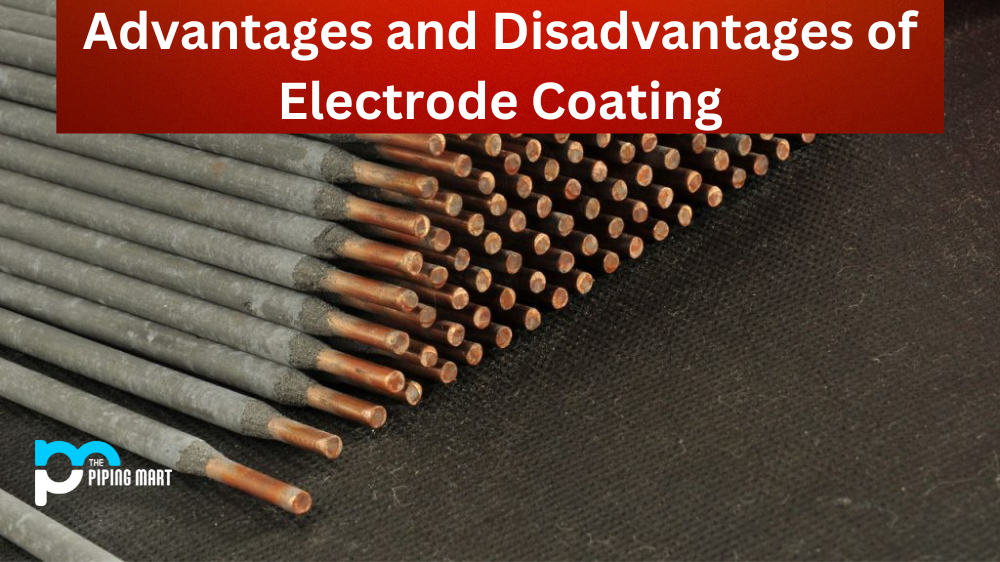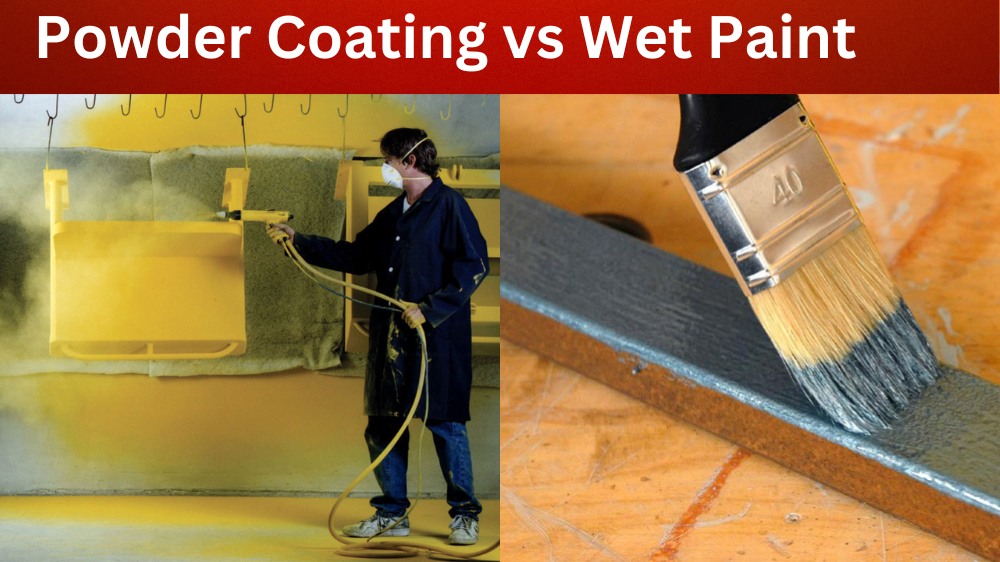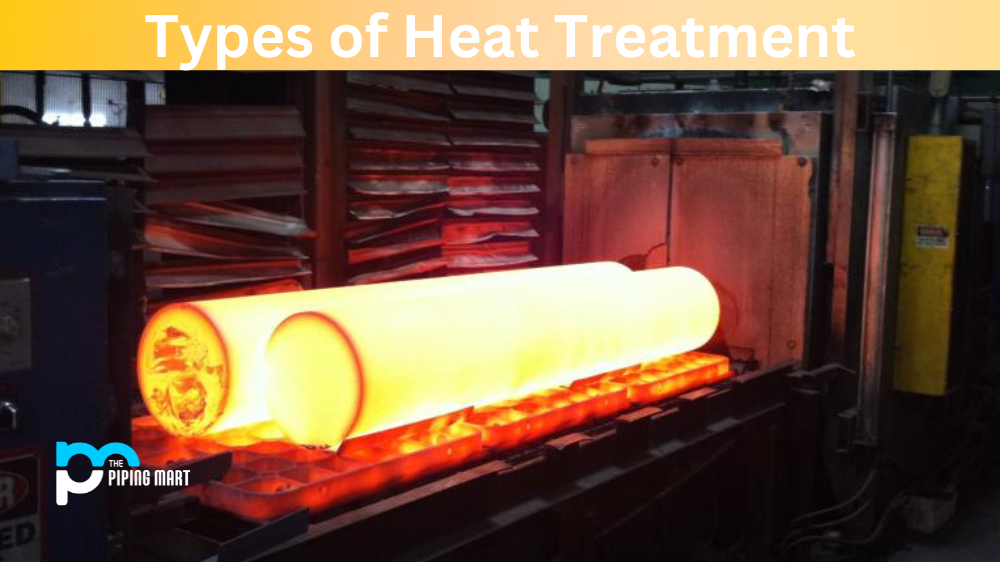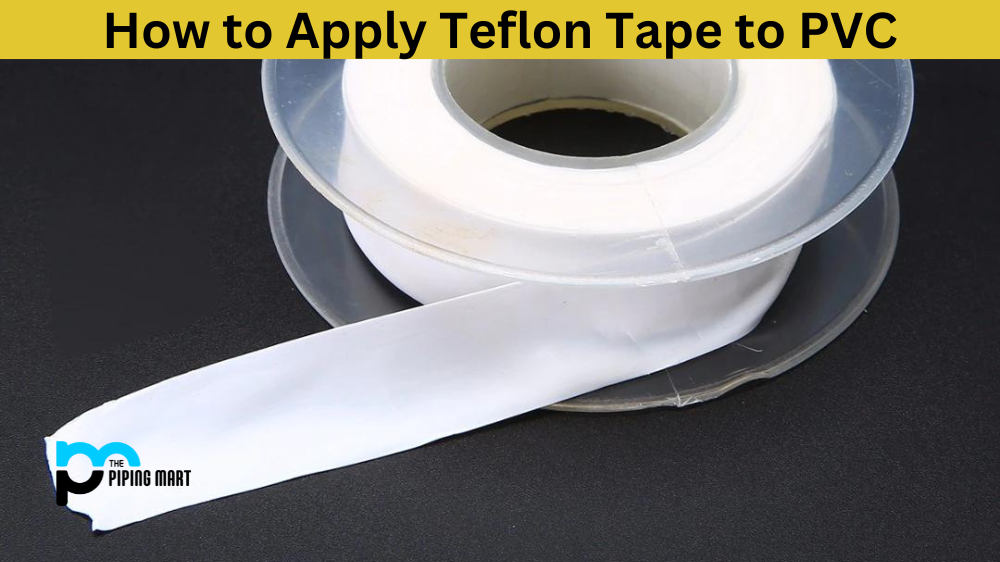As technology continues to evolve, businesses need to stay up-to-date on the latest innovations in order to remain competitive. One such innovation is electrode coating. This process can help improve the performance of electrical components and provide many advantages for businesses. But, as with any new technology, there are also some potential drawbacks. Let’s take a look at what electrode coating is and explore both the advantages and disadvantages of using this process in your business.
What is Electrode Coating?
Electrode coating is a process used to coat metal surfaces with an electrically insulating material. This allows electrical current to pass through the surface without creating sparks or other hazardous effects. The primary benefit of this process is that it improves the efficiency and reliability of electrical components, which can reduce maintenance costs over time. Additionally, electrode coating can also be used to create a protective barrier against corrosion or other environmental damage that may occur over time.
Advantages of Electrode Coating
The primary advantage of electrode coating is the improved performance of electrical components. By adding an additional layer of insulation, electrodes can better withstand extreme temperatures and resist damage from shock or vibration. Additionally, because this process does not require harsh chemicals or other materials, it is environmentally friendly and cost effective for businesses that wish to upgrade their existing equipment or build new components from scratch. Finally, electrode coating also helps protect surfaces from corrosion and wear, further extending the life span of electrical components and reducing maintenance costs in the long run.
Increased lifespan of the electrode
One of the primary advantages of electrode coating is that it can help increase the electrode’s lifespan. This is because the coating helps to protect the electrode from corrosion and other forms of damage. The coating can also help improve the electrical conductivity of the electrode, which can further increase its lifespan.
Improved performance
Another advantage of electrode coating is that it can help to improve the performance of the electrode. This is because the coating helps to increase the surface area of the electrode, which can help to improve its electrical conductivity. The coating can also help reduce resistance and improve charge transfer between the electrode and the electrolyte.
Enhanced safety
Electrode coating can also help to enhance safety by preventing short circuits and other electrical hazards. This is because the coating helps to insulate the electrode from potential sources of electrical shock. Additionally, electrode coating can also help to prevent arcing, which can be a major fire hazard.
Reduced costs
Electrode coating can also help to reduce costs by reducing the need for replacement electrodes. This is because coated electrodes typically have a longer lifespan than uncoated electrodes. Additionally, coated electrodes often have improved performance, which can help to reduce energy costs.
Increased efficiency
Finally, electrode coating can also help to increase efficiency by reducing heat loss and improving charge transfer between the electrode and electrolyte.
Disadvantages of Electrode Coating
One potential disadvantage of electrode coating is its limited durability when exposed to extreme temperatures or pressure changes. Additionally, since this process requires specialized equipment and expertise, it may not be feasible for small businesses with limited budgets or resources. Lastly, if done improperly, the results could be hazardous; therefore, it’s important that anyone working with this technology understands how to use it safely and correctly at all times.
Limited Applications
One of the primary disadvantages of electrode coating is that it has limited applications. Electrode coating can only be used on metals that are conductive, which limits its use to a small number of materials. Additionally, electrode coating is not effective on all types of metal surfaces, so it may not be suitable for all applications.
High Cost
Another disadvantage of electrode coating is that it can be quite expensive. The process of electrode coating requires special equipment and materials, which can drive up the cost of the procedure. Additionally, electrode coating is often performed by skilled professionals, which can also add to the cost.
Time-Consuming
Another downside to electrode coating is that it can be quite time-consuming. The process of electrode coating often takes several hours to complete and may require multiple coats in order to achieve the desired results. This can make electrode coating impractical for some applications.
Hazardous Material
Another disadvantage of electrode coating is that it often involves the use of hazardous materials. Some of the chemicals used in electrode coating can be dangerous if they come into contact with the skin or eyes. Additionally, these chemicals can be harmful if they are inhaled or ingested.
Requires Special Training
Another drawback to electrode coating is that it often requires special training to perform correctly. Many of the procedures and techniques involved in electrode coating are complex and require a great deal of experience to master. This means that only those with special training should attempt to perform electrode coating procedures.
Conclusion:
Electrode coating has become increasingly popular in recent years due to its ability to improve performance while reducing maintenance costs over time. Although there are some potential risks associated with this technology—including limited durability when exposed to extreme temperatures or pressure changes—the overall benefits far outweigh any drawbacks when used correctly by experienced professionals. For any business looking for ways to increase efficiency while reducing costs in the long run, electrode coating could be a great investment worth exploring further!
Meet Heer, a dynamic and driven writer learning tricks of her trade in the metal industry. With a background in Digital Marketing, Heer brings a unique perspective to her writing, sharing valuable insights. Apart from blogging she like reading and hiking.




